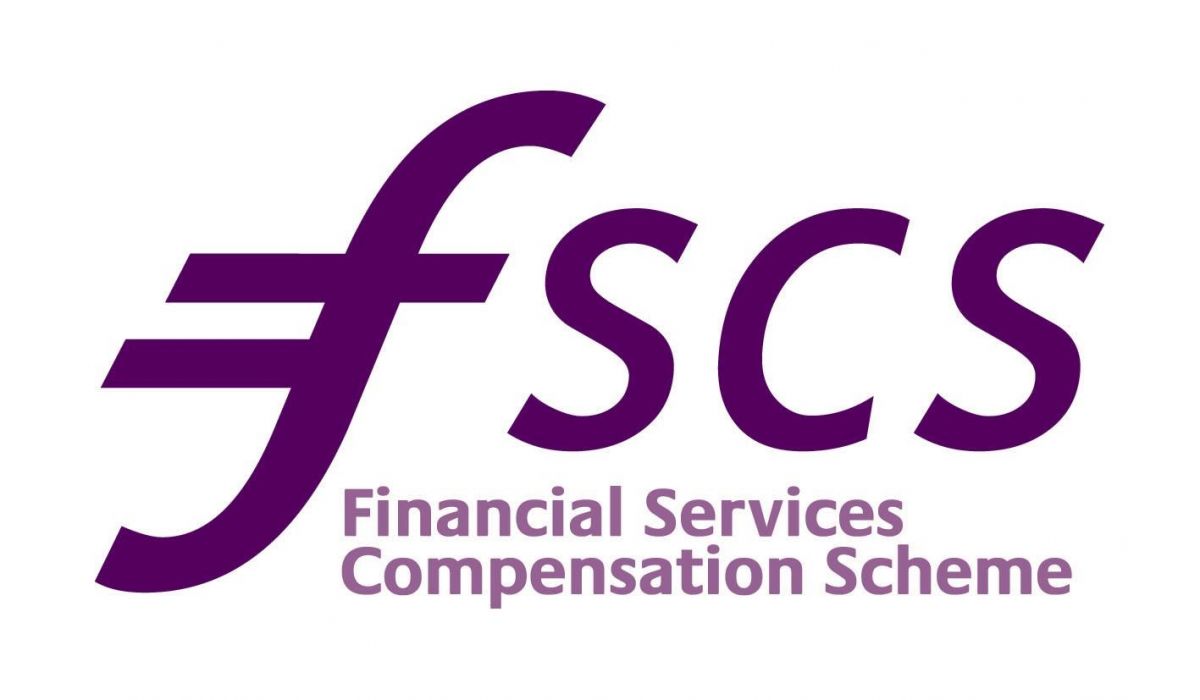The Financial Services Compensation Scheme (FSCS) has revised its levy forecast for 2023/24 to £270m.
This is a reduction from the initial estimates by the FSCS last November, although it still expects to pay £471m in compensation during 2023/24. This will mark the sixth year in a row that compensation costs are close to or above £500m.
Last November, the FSCS published its outlook with an early levy forecast for 2023/24. This forecast considered the trends of the past few years, the anticipated impact of firms that have already failed, and projections based on when future failures were expected to occur.
However, the FSCS has now revealed it has reduced its forecast levy due to an increased surplus from the 2022/23 levy being carried over into 2023/24, which has reduced the amount of money the scheme needs to raise to cover compensation costs. These surpluses materialised because of lower volumes of pensions decisions, revised SIPP operator claim timings and large insurance pay-outs being delayed or settled at lower amounts.
The FSCS stated that the levy forecast is also down due to an overall decrease to the compensation forecast for 2023/24 of £121m, although it still expects to pay £471m. The decrease includes a £67m reduction in the investment provision class, mainly due to fewer SIPP operator claims now expected this year. It also includes a £56m reduction in the general insurance provision class, partly due to delays on large loss claims.
Chief executive of the FSCS, Caroline Rainbird, commented: “The levy enables FSCS to continue to provide a trusted compensation service that helps build confidence in the financial services industry, particularly during economic and market volatility.
“Whilst the level of compensation expected this year is lower than it has been in some recent years, this is the sixth year in a row that compensation costs are close to or above £500m.
“We will continue to closely monitor the volume and complexity of claims throughout the year and will share our next update on the levy in the autumn edition of outlook.”
Latest News
Mortgage Advice Bureau and AI in the mortgage sector
Chief executive officer at Mortgage Advice Bureau, Peter Brodnicki, and founder and managing director at Heron Financial, Matt Coulson, joined content editor Dan McGrath to discuss how Mortgage Advice Bureau is using artificial intelligence to make advancements in the mortgage industry, the limitations of this technology and what 2026 will hold for the market
Perenna and the long-term fixed mortgage market

Content editor, Dan McGrath, spoke to head of product, proposition and distribution at Perenna, John Davison, to explore the long-term fixed mortgage market, the role that Perenna plays in this sector and the impact of the recent Autumn Budget
NEW BUILD IN FOCUS - NEW EPISODE OF THE MORTGAGE INSIDER PODCAST, OUT NOW

Figures from the National House-Building Council saw Q1 2025 register a 36% increase in new homes built across the UK compared with the same period last year, representing a striking development for the first-time buyer market. But with the higher cost of building, ongoing planning challenges and new and changing regulations, how sustainable is this growth? And what does it mean for brokers?
Does the North-South divide still exist in the UK housing market?

What do the most expensive parts of the country reveal about shifting demand? And why is the Manchester housing market now outperforming many southern counterparts?
In this episode of the Barclays Mortgage Insider Podcast, host Phil Spencer is joined by Lucian Cook, Head of Research at Savills, and Ross Jones, founder of Home Financial and Evolve Commercial Finance, to explore how regional trends are redefining the UK housing, mortgage and buy-to-let markets.
In this episode of the Barclays Mortgage Insider Podcast, host Phil Spencer is joined by Lucian Cook, Head of Research at Savills, and Ross Jones, founder of Home Financial and Evolve Commercial Finance, to explore how regional trends are redefining the UK housing, mortgage and buy-to-let markets.
© 2019 Perspective Publishing Privacy & Cookies









Recent Stories